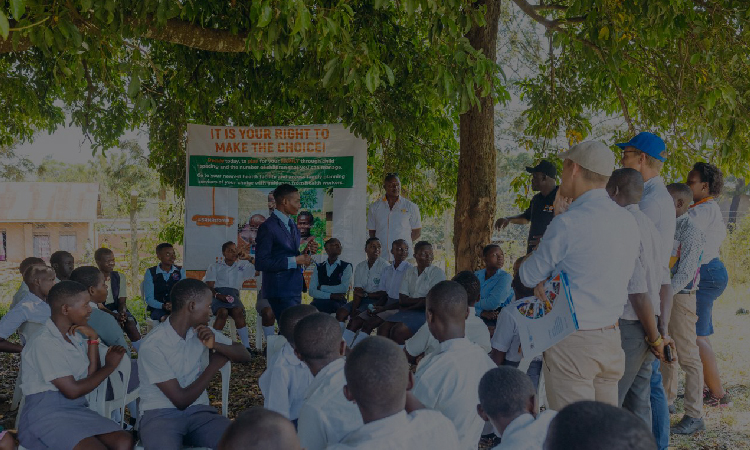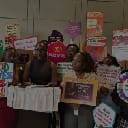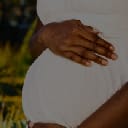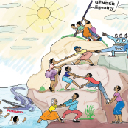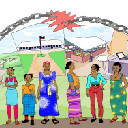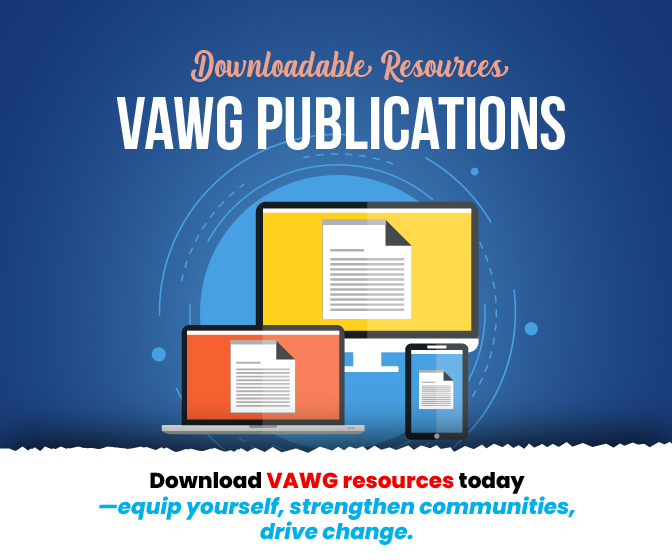Spotlight Initiative 2.0 Surpasses Targets, Empowering Thousands of Ugandan Girls and Women
In a year when global development funding faced sharp declines, Uganda has emerged with a rare story of hope. The Spotlight Initiative 2.0, funded by the European Union and implemented through the United Nations, has not only withstood financial pressures but exceeded its 2024 targets—transforming the lives of thousands of adolescent girls and young women across 17 districts.
The programme’s achievements were celebrated on June 17th 2025, during the third Oversight Committee meeting at the Golf Course Hotel in Kampala. The gathering brought together government leaders, development partners, civil society actors, and UN agencies to reflect on a year of extraordinary progress in tackling gender-based violence, child marriage, and harmful cultural practices such as female genital mutilation (FGM).
A United Front Against Violence
UN Resident Coordinator Leonard Zulu described the initiative as a “proof of possibility,” praising the collective action that made the results possible.
“When I reviewed the results from 2024, I was struck by how far we’ve come—not just in numbers, but in the lives we’ve changed,” Zulu said. “This progress is proof that when we work together—government, communities, and partners—we can rewrite the story for Uganda’s girls.”
Government representatives echoed this optimism. Speaking on behalf of the Permanent Secretary, Ms. Angela Nakafeero, Commissioner for Gender and Women Affairs at the Ministry of Gender, Labour and Social Development, expressed gratitude to partners for their commitment.
“We continue working closely with government institutions, cultural leaders, development partners, and civil society to tackle the root causes of gender-based violence and empower communities to create lasting change,” she said.
Breaking Barriers, Building Futures
Among the most striking outcomes is the programme’s work with adolescent girls and young women. While the original goal was to provide technical and vocational skills to 683 girls aged 10–24, the programme reached 1,078. Many of these girls, once at risk of dropping out of school or being forced into early marriage, are now building futures anchored in independence and dignity.
“We continue working closely with government institutions, cultural leaders, development partners, and civil society to tackle the root causes of gender-based violence and empower communities to create lasting change”
Efforts to shift social norms and attitudes around sexual and reproductive health and rights (SRHR) also exceeded expectations. Targeting 26,494 young people, the initiative instead reached 77,599 girls and boys with life-changing information and services.
Community engagement was equally ambitious. In 2024 alone, 4,833 community leaders—from para-social workers and religious leaders to parents and school administrators—were trained to advocate for violence prevention and SRHR. In total, the initiative reached 443,033 individuals (242,477 directly and 200,556 indirectly) with services related to gender-based violence, violence against children, and reproductive health.
The ripple effects are visible in everyday spaces. In schools, for example, drama, music, and dance have become powerful tools for behaviour change campaigns. Through performances supported by the Ministry of Education and Sports, students are now sparking conversations on gender equality and healthy relationships.
For younger girls, the programme’s life-skills training has been transformative. With a target of reaching 20% of eligible girls aged 10–19 in project districts, the initiative achieved 98% participation—a sign of growing recognition among families of the importance of nurturing empowered, resilient daughters.
Collaboration at the Core
Partners credit these successes to the “Delivering as One” approach, which brought together five UN agencies—UNDP, UNICEF, UNHCR, UNFPA, and UN Women—under a single coordinated framework. By pooling expertise and resources, the agencies were able to maximize impact while minimizing duplication.
“It’s inspiring to see five UN agencies working together in such a coordinated and impactful way,” said Ms. Elin Hilwig, First Secretary for Sexual and Reproductive Health and Rights at the Embassy of the Kingdom of the Netherlands. “Our recent field visit gave us a strong impression of the tangible results being achieved, and we look forward to tracking progress even more closely.”
EU Delegation official Ms. Karolina Andrzejewska emphasized the importance of accountability and community participation. “We deeply appreciate the strong collaboration among all partners and urge continued joint efforts,” she said. “To truly make a difference, we must remain focused on impact, not just outputs, and ensure meaningful engagement with civil society.”
Anchored in Government Leadership
While partners play a critical role, stakeholders stressed that government leadership has anchored the programme’s success. The Ministry of Gender, Labour and Social Development has been central to ensuring that interventions are responsive to realities on the ground, particularly in underserved districts where girls are most vulnerable.
As the meeting drew to a close, Mr. Zulu reminded participants of the human dimension behind every statistic. “We must never lose sight of the human faces behind every number,” he said. “Each girl reached is a story of potential unlocked, a life redirected. And that is the true spotlight we must keep shining.”
Original article written by Monicah Aturinda, click here to view.




